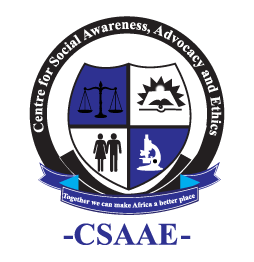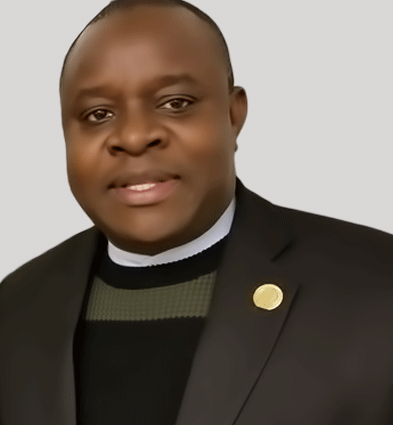In a nation where the rule of law forms the bedrock of democracy, the integrity of the judiciary stands as a cornerstone for ensuring justice and fairness within society. Nigeria, a country with a rich legal heritage, has been on a journey to fortify its legal system against corruption and malpractice, striving towards a more just and equitable society for all its citizens.
In a country where the foundation of democracy lies in the rule of law, the importance of a trustworthy judiciary cannot be overstated in upholding justice and fairness. Nigeria, has been working to strengthen its legal system to combat corruption and misconduct. Judicial integrity is not merely a concept but a fundamental principle that supports the trust of the people in the legal system. It demands that Judges and legal practitioners act impartially, with honesty, and in accordance with the law, free from any undue influence or corruption. The judiciary’s independence is crucial in upholding this integrity, ensuring that justice is served without fear or favour.
Corruption within the judiciary undermines the very essence of justice and it leads to public mistrust and confidence in the legal system. It distorts the course of justice, perpetuates inequality, and weakens the rule of law. Recognizing these threats, Nigeria has taken significant steps in combating corruption within the judiciary through various anti-corruption measures and reforms.

Efforts such as the establishment of specialized anti-corruption courts, enhanced vetting processes for judicial appointments, and the implementation of transparency mechanisms within the legal system have been significant in strengthening judicial integrity. Additionally, initiatives promoting ethics training for judges and legal professionals, as well as public awareness campaigns on the importance of upholding the rule of law, have been instrumental in promoting a culture of integrity within the judiciary.
However, the journey towards a corruption-free judiciary is ongoing and requires sustained commitment from all stakeholders. The fight against corruption demands collective action, with the judiciary, legal practitioners, government institutions, civil society, and the public working together to eradicate corrupt practices and uphold the rule of law.
As citizens, it is imperative that we hold our legal system to the highest standards of integrity and accountability. By demanding transparency, accountability, and ethical conduct from our judiciary, we contribute to the preservation of the rule of law and the protection of our democratic values. The pursuit of judicial integrity and anti-corruption efforts in Nigeria is essential for strengthening the rule of law and ensuring a just society for all.


